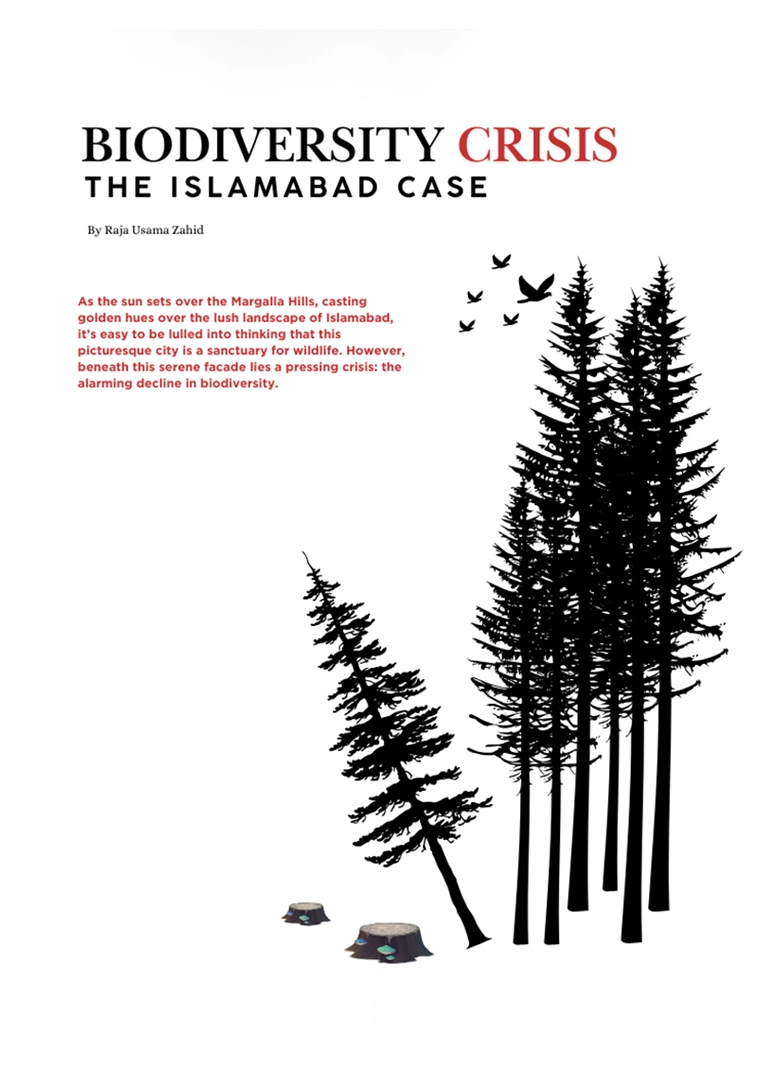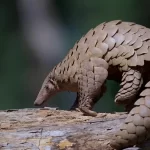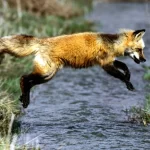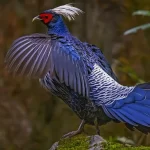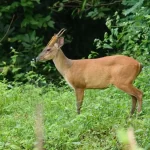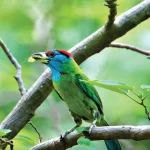By Raja Usama Zahid
As the sun sets over the Margalla Hills, casting golden hues over the lush landscape of Islamabad, it’s easy to be lulled into thinking that this picturesque city is a sanctuary for wildlife. However, beneath this serene facade lies a pressing crisis: the alarming decline in biodiversity.
Having recently returned to my hometown after years of studying zoology at Oregon State University, only to sense the fragile pulse of our ecosystems—teetering on the edge, haunted by the looming threats that could shatter their delicate balance forever.
Biodiversity encompasses the variety of life forms on Earth, including the diversity of species, genetic variability, and the ecosystems they inhabit. Healthy ecosystems are crucial not just for the survival of plants and animals but also for human wellbeing. They provide essential services such as clean air and water, pollination of crops, and climate regulation. Yet, Islamabad’s biodiversity is increasingly under siege from various factors that threaten the intricate web of life.
We must be aware of the major threats to biodiversity in Islamabad and surrounding Margalla Hills.
Barking DeerUrbanization and Habitat Loss
As Islamabad grows to accommodate increasing housing and community demands, its natural habitats are steadily replaced by roads, buildings, and infrastructure. The lush green spaces that once flourished are fading, forcing local species, such as the Common Leopard and various endemic plants, toward the brink of extinction as their search for food, mates, and shelter becomes ever more desperate.
Pollution
Air and water pollution from industrial activities and urban waste management practices mare posing as hazards to wildlife. Contaminants infiltrate waterways, harming aquatic life and disrupting the food chain. A prime example of this is the situation at Rawal Lake which is an ecological disaster of colossal magnitude. On the other hand, airborne pollutants can affect birds and mammals, impacting their health and reproductive success.
Climate Change
Islamabad, like many regions globally, faces the impacts of climate change: erratic weather, rising temperatures, and shifting rainfall patterns. These changes endanger habitats, disrupt food supplies, and alter migratory behavior, pushing species toward extinction. The Indian Pangolin, once common, now struggles to survive as rising temperatures threaten overheating. Climate shifts also disturb insect movements, forcing these nocturnal creatures to forage during the day, exposing them to predators and further jeopardizing their survival.
Monkey SpeicesThe Role of Education in Combating Plagiarism
The introduction of non-native species, often unintentionally through trade or horticulture, have disrupted the local ecosystems. Invasive plants can outcompete native flora, while invasive animals can prey on or displace indigenous species. This shift reduces biodiversity and the resilience of ecosystems.
Overexploitation
Unsustainable hunting, fishing, and harvesting of plants contribute to declining populations. Local communities often depend on these resources, but without proper management and regulations, species like the Barking Deer and Kalij Pheasant face severe threats from poaching and habitat destruction.
Biodiversity loss in Islamabad is more than an environmental issue—it impacts public health, economic stability, and cultural heritage. Declining native species heighten vulnerability to pests, reduce agricultural output, and diminish ecotourism potential. Preserving biodiversity safeguards not only nature but also our future and that of generations ahead.
Solutions for a Sustainable Future
Addressing these threats requires a multifaceted approach involving local communities, government, and international organizations. Some strategies to protect and enhance biodiversity in Islamabad can be plugged for short and long terms benefits:
Blue Throated BarbetRedefining Urban & Green Spaces
Incorporating biodiversity-friendly practices into urban planning is essential. Developing
parks, green roofs, and wildlife corridors can provide habitats for local species. Promoting sustainable architecture that prioritizes environmental impact will also help maintain ecological balance.
Pollution Control & Waste Management
Improving waste management systems and reducing industrial pollution are critical
steps. Implementing stricter regulations on emissions and promoting recycling can lead
to cleaner air and water, benefiting both wildlife and human populations.
Climate Adaptation Strategies
Developing climate-resilient ecosystems should be a priority. This includes protecting existing habitats, restoring degraded areas, and promoting the use of native plants in landscaping to enhance ecosystem resilience.
Community Engagement & Education
Engaging local communities in conservation efforts is vital. Education programs can raise awareness about the importance of biodiversity and encourage sustainable practices. Community-led initiatives, such as wildlife monitoring and habitat restoration, can empower residents and foster a sense of stewardship. Consider volunteering with the Islamabad Wildlife Management Board.
Regulation and Enforcement
Stronger anti-poaching laws and collaboration between governments, NGOs, and communities can protect vulnerable wildlife. Biodiversity threats are real, but collective action can secure a sustainable future,preserving Islamabad’s stunning landscapes and rich wildlife.
The writer is a zoologist can be reached at khanabadoshboys@gmail.com



